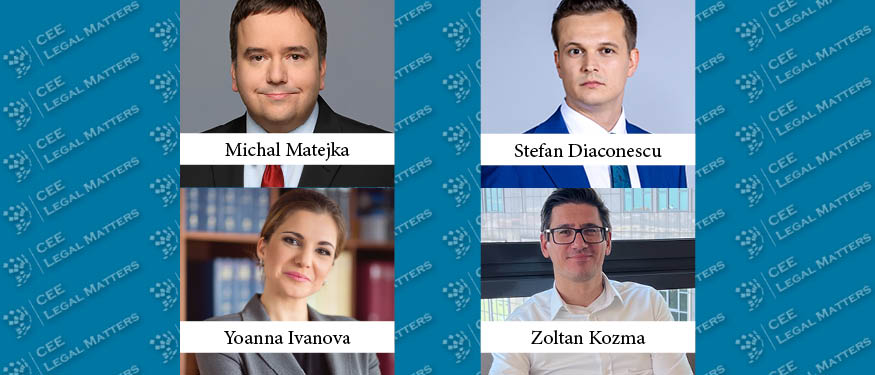With the European Parliament recently approving a new draft FDI regulation, significant changes are on the horizon across the EU, and Slovakia is no exception. According to Wolf Theiss Partner Bruno Stefanik, the anticipated updates will impact Slovakia’s national legislation, reshape existing FDI procedures, and offer a timely opportunity to address practical challenges identified since the country’s FDI regime took effect in 2023.
"The most significant topic at the moment is tied to the new EU FDI regulation approved by the European Parliament on May 8," Stefanik begins. "It’s now moving through the trilogue procedure, and once adopted, it will bring notable shifts not only at the EU level but also nationally. For Slovakia, this presents a unique opportunity: our Ministry of Economy will need to revisit and reopen the Slovak FDI Act not just to implement the required EU-level changes, but also to refine aspects of the existing law, based on our two years of experience since the regime took effect in 2023."
Stefanik explains that the "EU Commission will now have stronger powers to intervene, and FDI screening will become mandatory in certain critical sectors across all member states." Previously, this was optional for member states. "The updated regulation will broaden the list of sectors requiring mandatory screening, including semiconductors, artificial intelligence, autonomous mobility, recycling, and advanced material reuse, and selected parts of the financial sector. From an EU perspective, these are all strategic sectors and the regulation will require all member states, including Slovakia, to adapt accordingly," Stefanik says.
Explaining how this might affect intra-EU transactions, Stefanik notes: "Even if the transaction is between two EU entities, if the acquirer is ultimately owned or controlled by a non-EU investor, the deal will trigger screening obligations. Slovakia already has rules that address this scenario, but the new regulation will harmonize this approach across the EU." There’s also another layer of complexity in the situations where both the target and acquirer appear to be EU-based, but somewhere in the ownership chain of the acquirer, there’s a non-EU link. "These 'contaminated chains,' as we sometimes call them, can muddy the waters, and the new legislation gives us a chance to seek clarification from regulators," Stefanik says.
As for other areas that might benefit from legislative clarification, Stefanik mentions an "ongoing uncertainty around how FDI screening applies in the context of traditional financing transactions, particularly when security interests are involved. The current wording of the Slovak law is quite succinct, and it raises a lot of questions for which we’d welcome clearer procedural guidance." Another issue he highlights concerns confidentiality. "If a transaction requires notification, and the target company is party to the process, it can raise confidentiality concerns, especially in hostile takeovers or sensitive negotiations."
Finally, Stefanik mentions post-closing requirements as another pain point. "In Slovakia, the post-closing obligations are fairly burdensome. After completing the FDI pre-screening, you’re still expected to register beneficial owners and submit various filings with the ministry via a fairly cumbersome process." In contrast, merger control procedures are often smoother and more intuitive for stakeholders, which Stefanik says could serve as the ideal benchmark for the FDI framework as well. "For the broader M&A community, the anticipated amendments to the Slovak FDI Act, prompted by the new EU regulation, present an opportunity to engage, provide feedback, and improve what has so far been, in some respects, a solid framework, but with fair room for improvement, so I am quite fond to see what comes next," Stefanik concludes.














